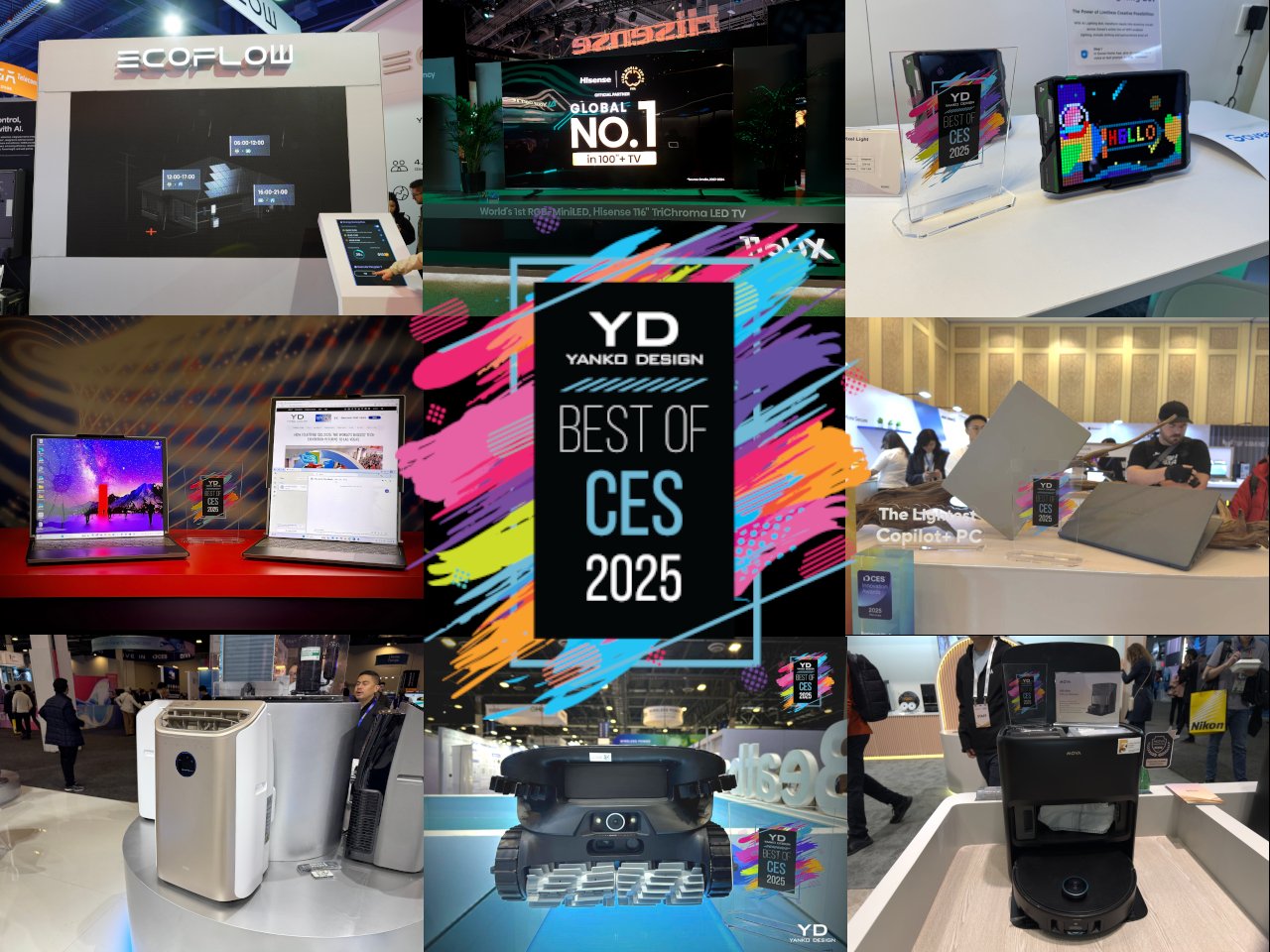
AI spending outside traditional IT operations is increasing at retail organizations, according to new research, with executives saying they want to expand into more sophisticated . A report from the IBM Institute for Business Value found that 81% of surveyed executives and 96% of their team are already using AI to a moderate or significant extent. However, executives indicated that they want to expand their use of AI into areas such as integrated business planning, where they plan to increase usage by 82% this year.
"AI is no longer just a tool; it's a strategic imperative," said Dee Waddell, global industry leader, consumer, travel and transportation industries at IBM. "Retail and consumer product companies are at a tipping point where embedding AI across their operations can help define not just productivity gains, but the future of brand relevance, engagement and trust." The use of in customer service, particularly for personalized responses and follow-ups, looks set to rocket, growing by 236% in the next 12 months.

More than half of these improvements are expected to involve human-AI collaboration, while only three-in-ten would be fully automated. As a result, executives also said they expect that around a third of employees will need to learn new skills to work with AI in the next year, increasing to 45% within three years. Investment in ecosystem platforms — tools that facilitate exchange of data and — could also skyrocket, the survey found.
Respondents indicated they expect growth to rise from 52% today to 89% within three years as their companies look to blend AI capabilities with business and technology partners to accelerate innovation and drive efficiencies. Meanwhile, despite nearly nine-in-ten executives claiming to have clear AI governance frameworks, fewer than a quarter said they have fully implemented tools to manage risks like bias, transparency, and security, and continuously review their use. IBM reckons that brands should evolve from viewing AI as merely a productivity booster to positioning it as a core driver of enterprise innovation - but said that this will require rethinking traditional governance and reskilling strategies.
"Retailers should tailor AI initiatives to align with their brand priorities and collaborate with strategic partners, including start-ups and technology companies. Equally important is breaking down silos between finance, technology, and business leaders," said the researchers. "By fostering cross-functional collaboration, these stakeholders can jointly build strong business cases that demonstrate how AI can help deliver a long-term competitive advantage.
" Late last year, from McKinsey also identified the retail sector as one where the use of AI was driving innovation. systems, for example, are being used to forecast demand and optimize stock levels to cut wastage. Similarly, AI is also being used to analyze customer behavior data and suggest products tailored to the individual’s preferences.
.















